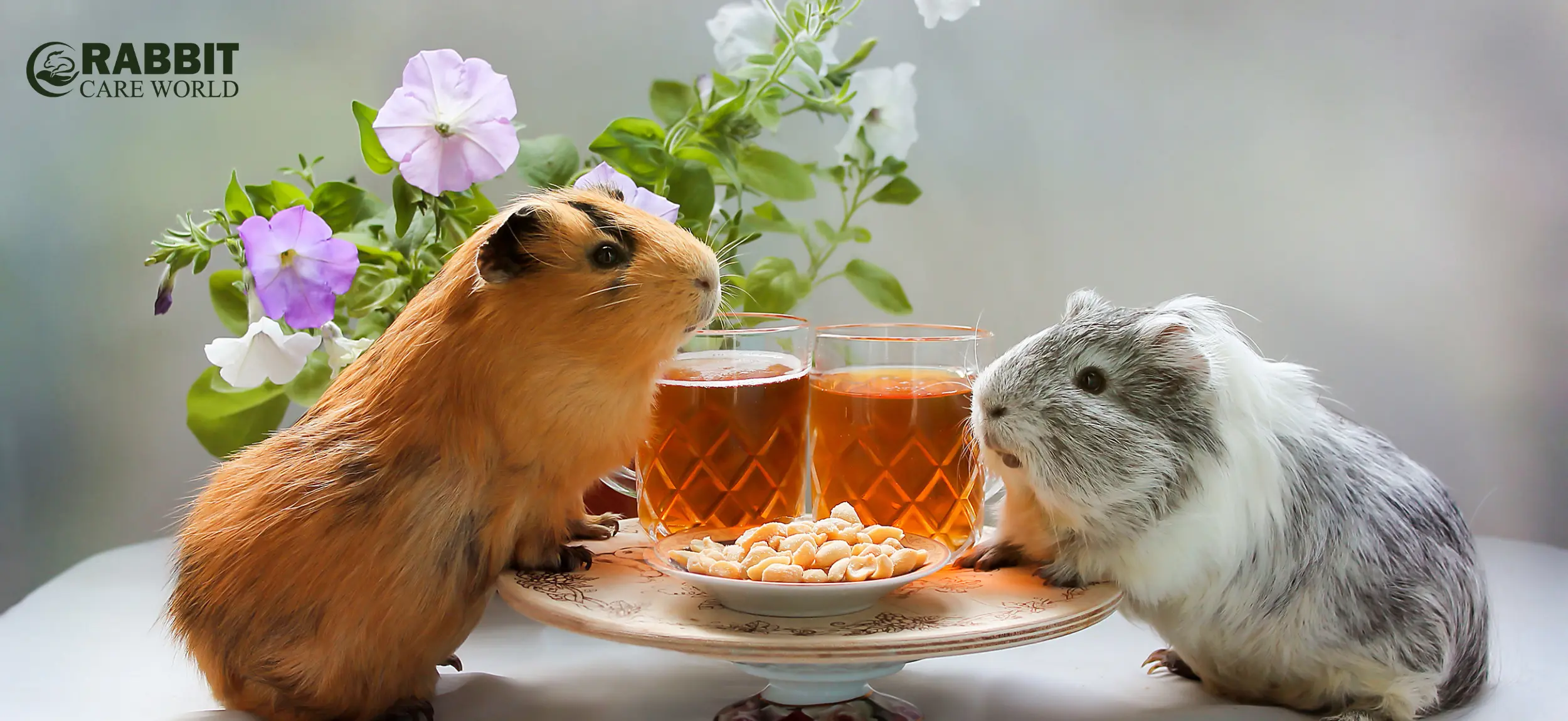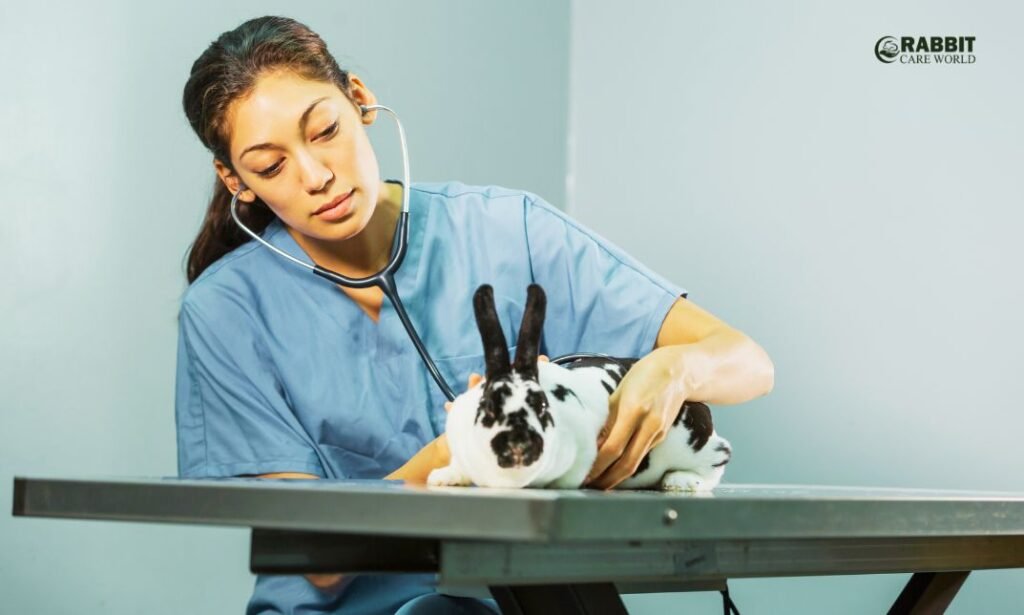Welcome to your beginner’s guide on baby guinea pigs!
What are baby guinea pigs called? Baby guinea pigs, called pups, are born with fur. Their eyes open, and they can run when only a few hours old—very handy for a prey species.
Baby guinea pigs, or “pups,” require care different from their adult mates. It is essential to get your facts straight about everything, from what they eat to where they live. Ready to learn how to give your tiny friend the best start in life? This blog delves into the crucial things you need to know to ensure your baby guinea pig remains healthy and happy.
Let’s get started with these top 5 tips:
Table of Contents
Toggle1. The Diet of Baby Guinea Pigs

Baby guinea pigs need a fiber-rich diet to help develop their digestive systems. Start with:
- Timothy hay: This is essential for constant grazing from day one.
- Pellets: Choose high-quality young guinea pig pellets that contain extra Vitamin C.
- Fresh veggies: Introduce them slowly to avoid upsetting their stomach.
Avoid giving your pup fruits or veggies high in sugar; always have fresh water available.
2. The Importance of Early Socialization
Social interaction is crucial:
- Handle your baby guinea pigs gently daily to get them used to human contact.
- Let them interact with other guinea pigs under close supervision to learn important social cues.
3. Creating a Safe Living Environment
Your baby guinea pig’s home should be safe, spacious, and stimulating:
- Cage size: At least 7.5 square feet of space for one, bigger if you have more.
- Bedding: Use paper-based or fleece lining which is safe and easy to clean.
- Hideouts: Provide places to hide and rest to prevent stress.
4. Health Monitoring Basics
Keep an eye on health indicators:
- Weight: Regularly check if your guinea pig is gaining weight, as weight loss can be a sign of illness.
- Teeth and nails: These should be checked and trimmed regularly to avoid overgrowth and related health issues.
- Behavior: Sudden changes might mean your pet needs a vet.
5. The Need for Routine Veterinary Care

Routine vet visits are a must:
- Initial check-up: Schedule it within the first few weeks of adoption.
- Regular check-ups: Preventative care can catch issues before they become serious.
- Vaccinations and treatments: While guinea pigs don’t need vaccinations, treatments for parasites might be necessary.
6. Understanding Behavior and Communication
Understanding how baby guinea pigs communicate and their behavior patterns can significantly improve how you interact with them:
- Sounds: Guinea pigs create a variety of sounds, such as wheeking, purring, and chirping, each indicating different emotions or needs.
- Body language: Pay attention to signs of fear or stress, such as freezing or hiding, and happiness, like hopping or ‘popcorning.’
7. Grooming and Hygiene
Proper grooming is essential for keeping your baby guinea pig healthy:
- Bathing: Generally, guinea pigs only need baths if they are very dirty or recommended by a vet because it can stress them out.
- Brushing: Especially for long-haired breeds, regular brushing helps prevent matting and keeps their coat clean.
Frequently Asked Questions
Q: How soon can baby guinea pigs eat solid food?
A: They start nibbling on solid food a few days after birth but need milk for the first few weeks.
Q: What common health issues should I watch for?
A: Look out for signs of respiratory infections, diarrhea, and scurvy (from Vitamin C deficiency).
Q: Can baby guinea pigs live alone?
A: It’s best for guinea pigs to live in pairs or small groups for social interaction, even from a young age.
Q: At what age are baby guinea pigs weaned off milk?
A: Baby guinea pigs are typically weaned by their mothers at about three weeks old, but they will start nibbling on solid foods as early as a few days old.
Q: How do I know if my baby guinea pig is healthy?
A: Signs of a healthy baby guinea pig include active behavior, consistent weight gain, clear eyes and nose, and a good appetite.
Wrap-Up Thoughts
Caring for baby guinea pigs is a delightful experience that comes with its challenges. By focusing on proper diet, socialization, safe housing, health monitoring, and regular vet visits, you’re on the right path to providing a loving and nurturing environment for your new pet.



